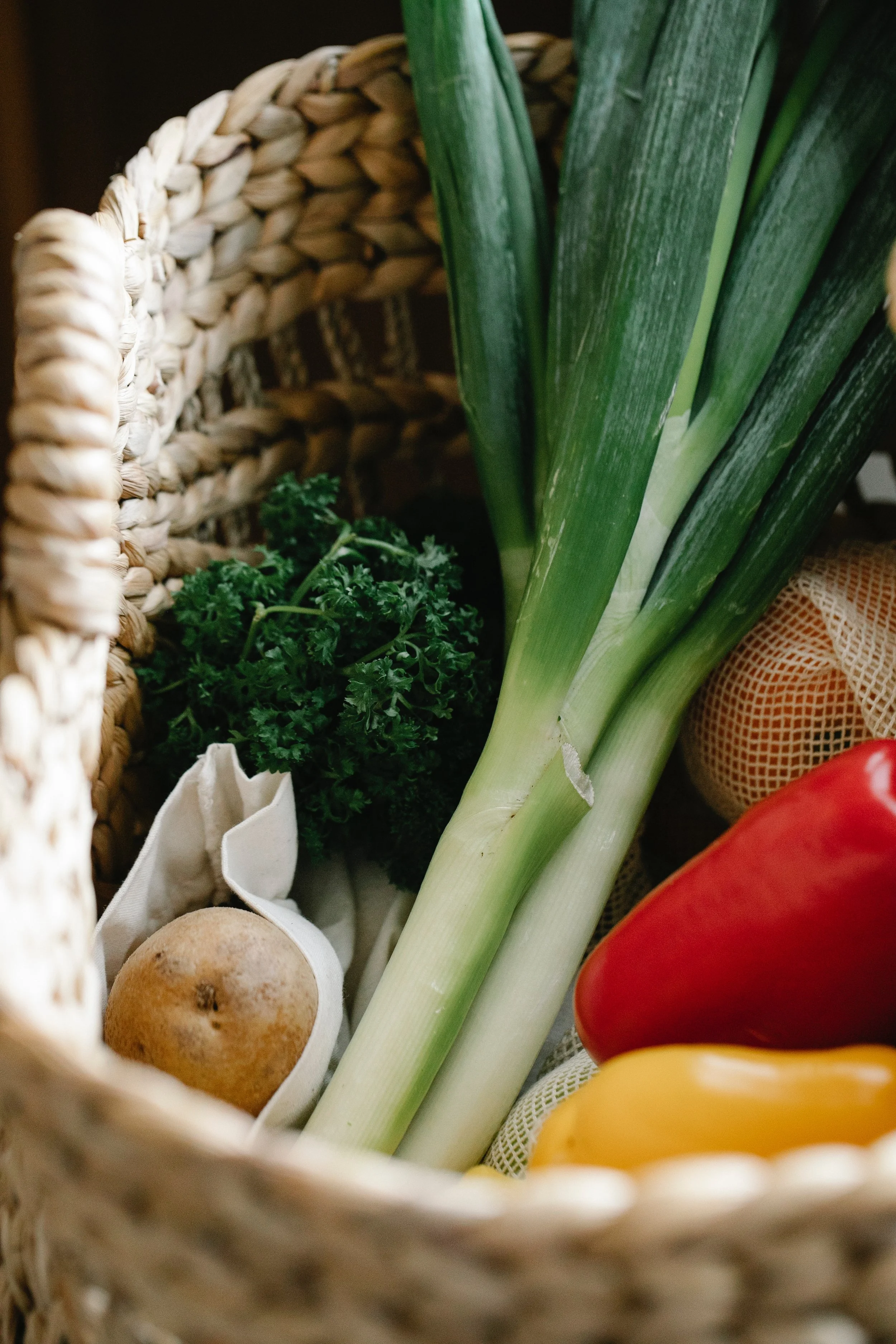Shh! The Truth About Your Produce
There has been a lot of chatter about the big difference between farmers’ markets and grocery stores. What is the big deal? Food is food. Wrong. There are huge differences between produce from local markets and big grocery stores’ freshness, taste, and economic values.
Grocery stores stocked with colorful produce, juicy protein, and numerous snacks strategically placed to grab your attention. Whether you are at Stop and Shop, Whole Foods, or Aldis - they all have something special that invites you in and makes it hard to leave. When you finally go, there is a feeling of accomplishment. Which is perfect - or is it?
When you go grocery shopping, you see a variety of fruits and vegetables that looks fresh and ready to bring home. The truth is big corporations do not care about the integrity or health of their consumers - only the big bucks.
Inventory plays a vital part in many grocery stores and supermarkets. They must keep the produce stocked and shiny so consumers can confidently grab and go.
Many items on the shelves have been traveling for miles before they even get to the store (Klavinski, para. 4). Therefore, they must undergo some processing before food is on the shelves (Miner, para. 5). Avocados, for example, are picked before they are ripe and undergo a ripening process. And the same thing with bananas (Miner, para. 7). The process ensures the survival of long travel and freshness when they get to the stores.
Many fruits and vegetables produce their natural layer of wax to protect the interior and to hold in moisture (Schwarcz Ph.D., para. 1). Modern farming techniques added extra layers of wax to certain fruits and vegetables like apples, and bell peppers (Schwarcz Ph.D., para. 7).
These techniques will also allow certain products to remain longer on the shelf. You could buy old produce on the shelf for a minimum of weeks. (Miner, para. 5). Temperature-controlled environments and chemical washes extend shelf life (Miner, para. 8) - and ensure these corporations are not losing profit.
Many people have started shopping locally at farmers’ markets and local markets. They tend to get fresh produce directly from farmers (Klavinski, para. 2). Consumers are looking for transparency and eco-friendly options, and knowing where their food is derived makes them feel more confident when buying. Shopping from a small market ensures less travel time on your produce. Food purchased locally benefits the consumer, farmer, and the environment (Klavinski, para. 1).
Shopping locally can also force you to buy seasonal fruits and vegetables which are fresher, tastier, and have more nutrients (Klavinski, para. 1- 3). Your location is also something to consider when looking for local produce.
You can then build a list that has both seasonal and year-round produce. You can also reduce your plastic bag consumption by bringing your reusable bags to the market and lowering your overall plastic intake.
Of course, there are certain things that we cannot avoid [such as pesticides] unless we are growing our foods from our garden. When I shop at local markets, the food tastes fresher (and you get the best deals). The mutual exchange would never compare to a grocery store atmosphere.
Explore, meet new people ask around and try something new! Happy shopping and enjoy your fresh produce.
References
Schwarcz Phd, J. (2017, June 12). Why do they spray wax on apples? Office for Science and Society. https://www.mcgill.ca/oss/article/you-asked/why-do-they-spray-wax-apples-0
Klavinski, R. (2018, September 20). 7 benefits of eating local foods. MSU Extension. https://www.canr.msu.edu/news/7_benefits_of_eating_local_foods
Join the MindTribe if you have not already and get access to exclusive content such as cooking videos, exercise videos, tea and talks, and more.
Until Next Time,



